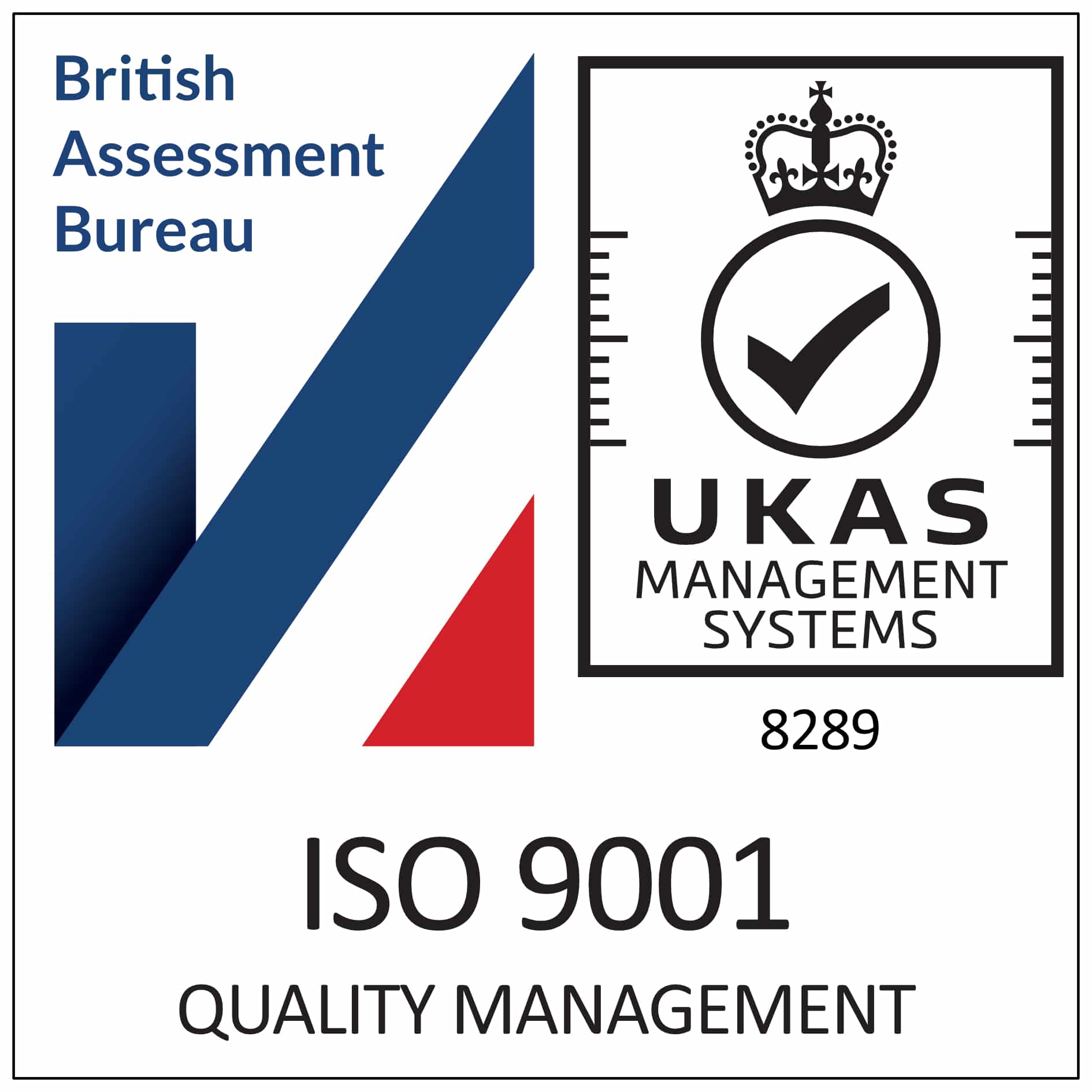In today’s digital age, educational institutions need to leverage technology to better engage with their students, parents, and staff. Microsoft Dynamics 365 (D365) Customer Engagement is a powerful platform that can help educational organisations improve their communication, collaboration, and operations. In this blog, we will explore how educational organisations can effectively use D365 Customer Engagement to drive student success, streamline administrative tasks, and enhance communication with stakeholders.

Student Success:
D365 Customer Engagement can help educational organisations drive student success by providing a 360-degree view of each student. This view includes information such as academic performance, attendance, behaviour, and extracurricular activities. By consolidating this information into a single system, educators can gain insights into each student’s strengths, weaknesses, and areas for improvement. They can use this information to tailor instruction to each student’s needs and to provide targeted interventions when necessary.
Streamlined Administrative Tasks:
D365 Customer Engagement can streamline administrative tasks by providing a single system for managing student records, finances, and human resources. This can save time and reduce errors by eliminating the need for manual data entry and duplication of effort. Educational organisations can also use D365 Customer Engagement to automate processes such as student registration, scheduling, and grading, freeing up staff to focus on more value-added tasks.
Enhanced Communication:
D365 Customer Engagement can enhance communication by providing a centralised platform for communicating with stakeholders such as students, parents, and staff. For example, educational organisations can use D365 Customer Engagement to send personalised communications to parents, such as progress reports and alerts about upcoming events. They can also use D365 Customer Engagement to facilitate collaboration between staff members, such as sharing lesson plans and resources.
Here are some specific ways educational organisations can use D365 Customer Engagement to achieve these goals:
Admissions:
D365 Customer Engagement can help educational organisations streamline the admissions process by providing a single system for managing student applications, scheduling interviews, and communicating with applicants. Admissions staff can use D365 Customer Engagement to track the status of each application, send automated reminders to applicants, and communicate with them via email or SMS.

Student Records:
D365 Customer Engagement can help educational organisations manage student records by providing a centralised system for storing and accessing student information. This includes academic records, attendance, behaviour, and other relevant data. By consolidating this information into a single system, educators can gain a more complete picture of each student and use this information to tailor instruction to their needs.
Financial Management:
D365 Customer Engagement can help educational organisations manage their finances by providing a single system for tracking expenses, processing payments, and managing budgets. This can save time and reduce errors by eliminating the need for manual data entry and duplication of effort. Financial staff can use D365 Customer Engagement to generate reports, track expenses, and communicate with stakeholders about budget allocations.
Staff Management:
D365 Customer Engagement can help educational organisations manage their human resources by providing a single system for tracking employee information, managing performance, and scheduling professional development activities. This can save time and reduce errors by eliminating the need for manual data entry and duplication of effort. HR staff can use D365 Customer Engagement to track employee performance, schedule professional development activities, and communicate with employees about job openings and career opportunities.

In conclusion, D365 Customer Engagement is a powerful platform that can help educational organisations drive student success, streamline administrative tasks, and enhance communication with stakeholders. By leveraging the capabilities of D365 Customer Engagement, educational organisations can improve their operations, reduce costs, and provide better educational outcomes for their students.




